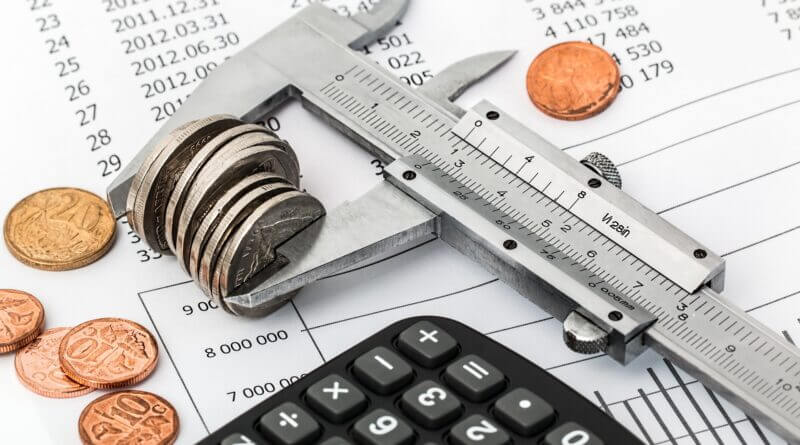Harris: The telltale signs of too much debt
By Charlestien Harris
The holidays are coming! The holidays are coming! But that does not automatically mean that the usual debt must accompany the season.
Nearly every adult in the United States has some form of debt. There are several steps you can take to avoid racking up mountains of debt, especially during this time of the year. But how much is too much? Let’s take a look at some of those telltale signs that might suggest you are in over your head when it comes to debt.
Here are some examples that your debts have climbed too high:
- Your consumer debts (credit cards, medical bills, personal loans) total half or more of your income. A common rule of thumb is that you should spend no more than 36 percent of your gross monthly income on total debt, including your mortgage, credit cards, and other loans. This is known as the 36 percent rule, or the debt-to-income (DTI) ratio. A DTI of 35 percent or less is generally considered favorable, meaning you have money left over after paying your monthly bills. However, the amount you should spend on debt depends on your individual circumstances, including your income, savings, financial goals, and the type of debt you have.
- Creditors are calling to collect payments. The purpose of a collections call is to recover outstanding debts from borrowers. Debt collectors may use a variety of methods to contact you, including phone calls and letters. When a debt collector calls you, it’s important to respond in ways that protect your legal rights. As a consumer, you have rights when it comes to debt collectors. The consumer law that protects your rights is the Fair Debt Collection Practices Act (FDCPA). It is the primary federal law that regulates debt collection practices in the United States. Do your research to make sure you respond to a debt collector properly and protect your legal rights.
- You’re making only minimum payments on monthly credit card bills, and your credit cards are maxed out. Making only the minimum payment on a credit card can have several negative consequences. One is that you will pay a lot more than your original balance due to the interest that typically compounds daily at higher rates. Two, if you only make the minimum payment on your credit cards, it will take you much longer to pay off your balances. Three, when you make only the minimum payments, you often end up using a significant portion of your available credit. This can negatively impact your credit score, making it harder to secure loans or get favorable interest rates on future credit.
- Your bank account is typically at (or below) zero. After paying bills, there’s no money for basic extras, such as seeing a movie or ordering food. Keeping a negative bank account balance can trigger additional fees such as overdraft fees or insufficient fund fees that can take quite a bite out of your monthly budget. Overdraft bank accounts, as well as not paying what you owe, could result in negative consequences like racking up even more fees, having your account closed, the debt going to collections, and difficulty opening a new bank account.
- You are racking up late fees on your monthly bills because there isn’t enough money in your account to cover those costs. Late payments can result in late fees that add to the balance you owe. Payment history is a major factor in credit scoring models, and late payments can negatively impact your credit score. According to NerdWallet, paying 30 days or more past due can drop your credit score by as much as 100 points. To manage late payments, you should try to bring your account current as soon as possible. You can also contact the creditor to see if they will waive the late fees if you pay the balance owed in full. You could also try resetting your due date to align more with your pay schedule.
- Some other examples include:
- You have been rejected for new lines of credit.
- You don’t have an emergency fund.
- You have made advances on your paychecks.
- You open a new credit card account to help pay off another credit card or to pay typical monthly bills.
- Not remembering how much or to whom you owe off the top of your head.
- Not being able to contribute to your retirement savings.
- You’re living paycheck to paycheck, with no money at the end of the month.
- Your debt balance is not going down despite regular payments.
Avoiding debt can be tricky, but you can bring your debt under control by following a few steps such as paying with cash, using your emergency fund (make sure you replenish it), keeping track of your bills, only borrowing what you need, and developing a savings habit! This is not an exhaustive list, but it can get you headed in the right direction when it comes to tackling the task of keeping your debt level under control.
For more information on this and other financial topics, you can email me at Charlestien.Harris@banksouthern.com or call me at 662-624-5776.
Until next week – stay financially fit!
Charlestien Harris is our financial contributor, a financial expert with Southern Bancorp Community Partners whose articles are seen in a number of publications around the region.






